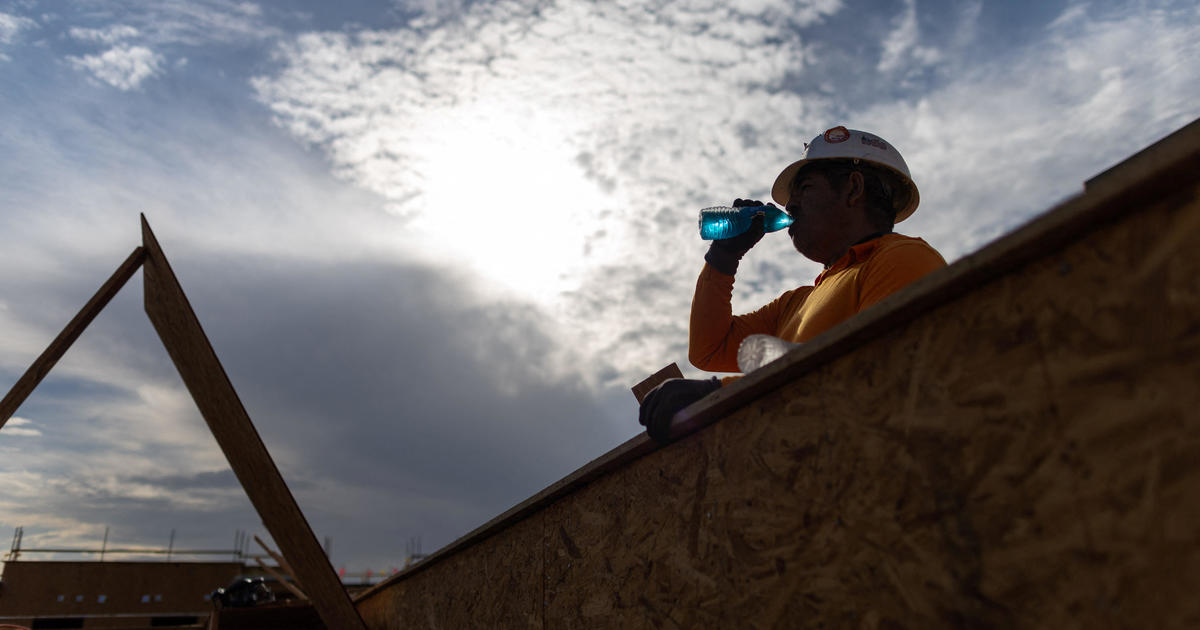Unemployment could worsen in a COVID-19 second wave
Employers are rehiring furloughed workers, helping reduce the double-digit unemployment rate in May and June. But those gains are at risk if a second wave of the coronavirus pandemic hits the U.S. this year, according to the Organization for Economic Cooperation and Development.
Still, there is some good news: A second wave — and its economic impact — could be minimized or even avoided if the nation relies on widespread use of masks, banning large gatherings and increasing testing until a vaccine becomes available later this year or next year, the OECD said.
"Countries can prevent a second pandemic wave, and a consequent lockdown, if they implement comprehensive packages of public health interventions," the OECD said in a report issued Tuesday. Among those are "enhancement of hygienic measures such as frequent handwashing and deep cleaning to decrease the probability of being infected by contaminated objects, and use of masks," it added.
Globally, the jobs hit of the COVID-19 crisis has been 10 times larger than the first few months of the Great Recession in 2008, based on the drop in employment and the reduction in hours worked among people who kept their jobs, the OECD said. The intergovernmental group called the numbers "stark" and its projections "bleak." Even if the nation avoids a second wave, unemployment in the U.S. will remain high in 2020, ending the year at 10.4% compared with 11.1% in June, the OECD forecast in a Tuesday report.
The warning about the economic damage from a second wave comes as coronavirus cases are rising in dozens of states, with Texas and Florida each surpassing 200,000 cases on Sunday.
Already, there are signs that states now seeing explosive growth in coronavirus cases are taking an economic hit, with slowdowns in restaurant bookings and consumer spending.
A second wave could reduce U.S. employment at the end of 2020 by 15% compared with a year earlier, or almost double the 8% hit to employment from the initial wave, the OECD projects.
"Countries now need to do everything they can to avoid this jobs crisis turning into a full-blown social crisis," said OECD Secretary-General Angel Gurría in a statement.
The U.S. and other countries should maintain supportive macroeconomic policies "to minimize the risk of a prolonged slump and a lost generation of young people whose labor market prospects are durably harmed," he added.
"Low-cost opportunities"
The crisis could hurt already marginalized workers more than those in positions of privilege, such as higher-earning workers and men, who are more likely to work in jobs that can be done remotely. Self-employed workers, young Americans, women and minorities are among those feeling the brunt of the crisis, which could spiral into greater inequalities, the OECD said.
Almost 6 in 10 U.S. workers in the top earnings quartile could work from home in April, compared with about 3 in 10 workers in the bottom income quartile, the report noted.
Masks are one of the "fairly low-cost opportunities for the U.S. to eventually achieve both a reduction in virus spread and further reopening of the economy," Goldman Sachs analysts said in a Saturday note to clients, pointing out that only about half of U.S. states have put a masks mandate into effect.
Texas joined those states last week, which Goldman noted indicates "that state authorities are willing to making politically controversial policy changes to address the current health crisis."



